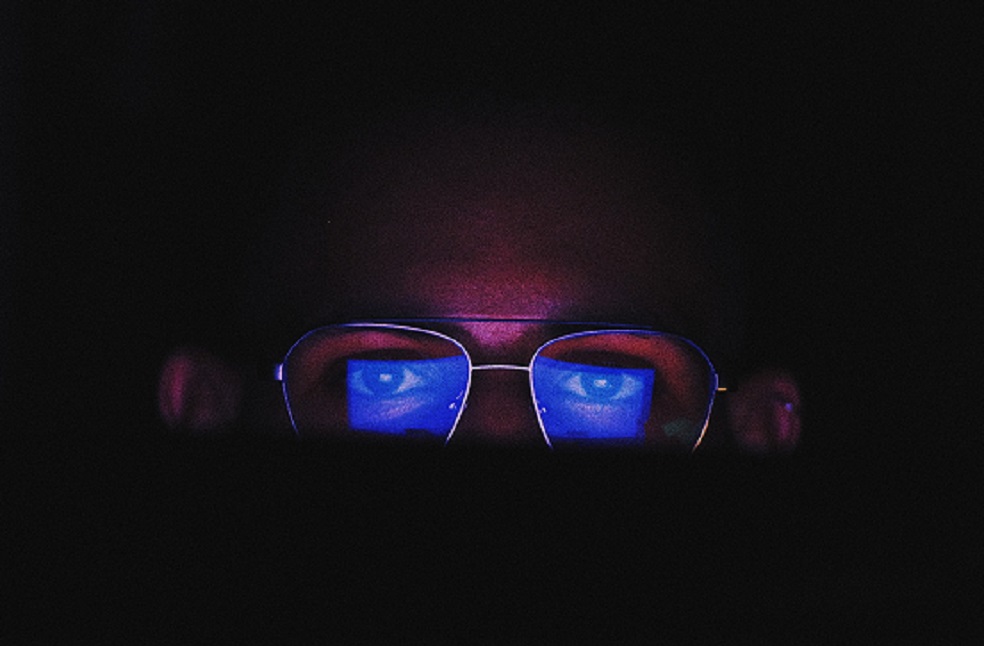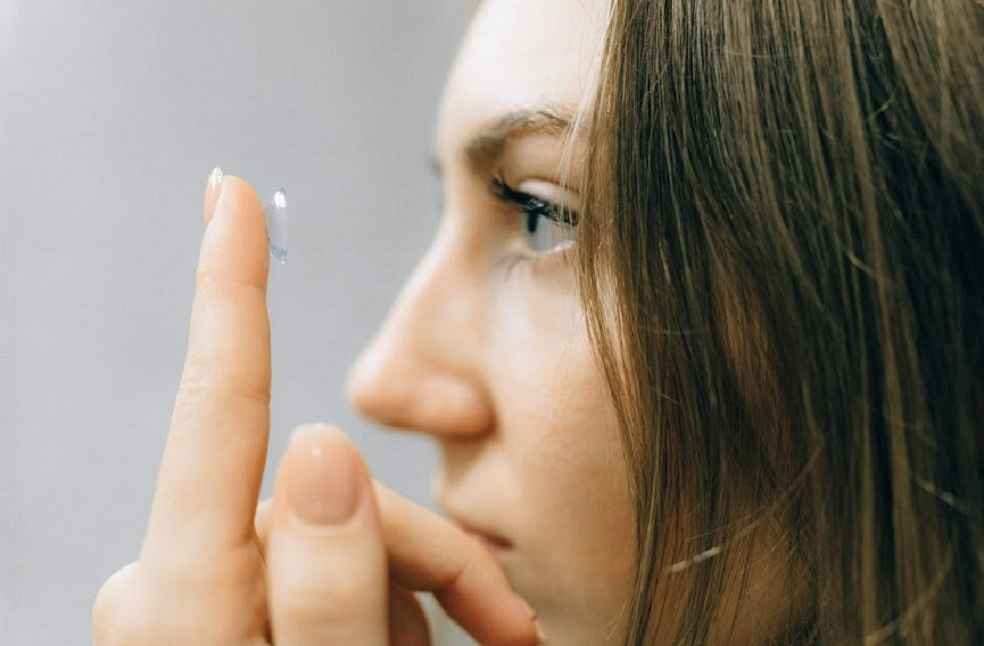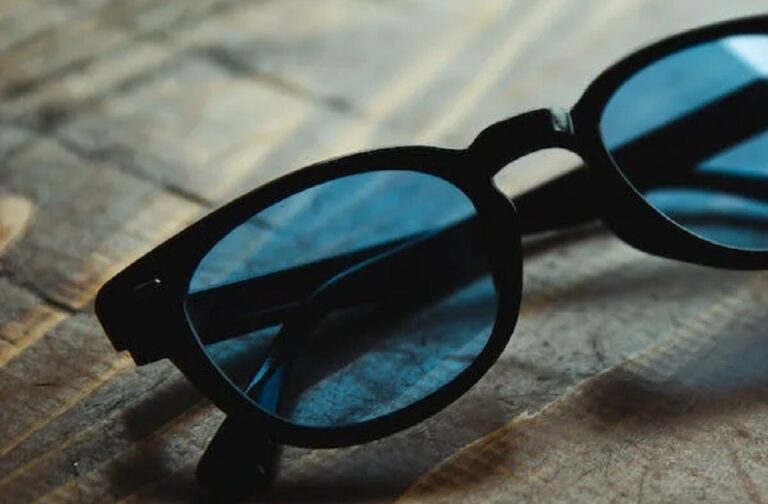United Kingdom: A new analysis has found that adding a blue-light filter to your eyeglasses may not ease eye strain from computer work, protect the retina, or help with sleep at night.
The report, published in the Cochrane Database of Systematic Reviews, studied data from 17 randomised controlled clinical trials conducted in six countries that lasted from a few days to a few months. The review is part of the nonprofit Cochrane Collaboration, an independent, international network of researchers that uses some of the highest standards in evidence-based research.
“We found there may be no short-term advantages with using blue-light filtering spectacle lenses to reduce visual fatigue associated with computer use,” senior author Ms. Laura Downie noted in a statement. Ms. Downie is an associate professor of optometry and vision sciences and director of the anterior eye, clinical trials, and research translation unit at the University of Melbourne in Victoria, Australia.

“It is also currently unclear whether these lenses affect vision quality or sleep-related outcomes, and no conclusions could be drawn about any potential effects on retinal health in the longer term. People should be aware of these findings when deciding whether to purchase these spectacles,” Ms. Downie remarked.
“Blue-light filtering lenses only filter between 10 percent and 25 percent of blue light from artificial devices such as computer screens, and blue light is only a thousandth of what we get from natural daylight,” first author Dr. Sumeer Singh, a postdoctoral clinical research fellow in the anterior eye, clinical trials, and research translation unit at the University of Melbourne, commented.
“Filtering out higher levels of blue light would require the lenses to have an obvious amber tint, which would have a substantial effect on colour perception,” Dr. Singh said in a statement.

According to Ms. Downie, the review was conducted to answer an ongoing debate on whether blue-light filtering lenses have any merit in ophthalmic practise.
“Research has shown that these lenses are frequently prescribed to patients in many parts of the world, and a range of marketing claims exist about their potential benefits, including that they may reduce eye strain associated with digital device use, improve sleep quality, and protect the retina from light-induced damage,” the researcher remarked.
“Our findings do not support the prescription of blue-light filtering lenses to the general population. These results are relevant to a broad range of stakeholders, including eye care professionals, patients, researchers, and the broader community,” Ms. Downie further added.
TRENDING | Tesla launches cheaper Model S & X versions in US amid raising competition



